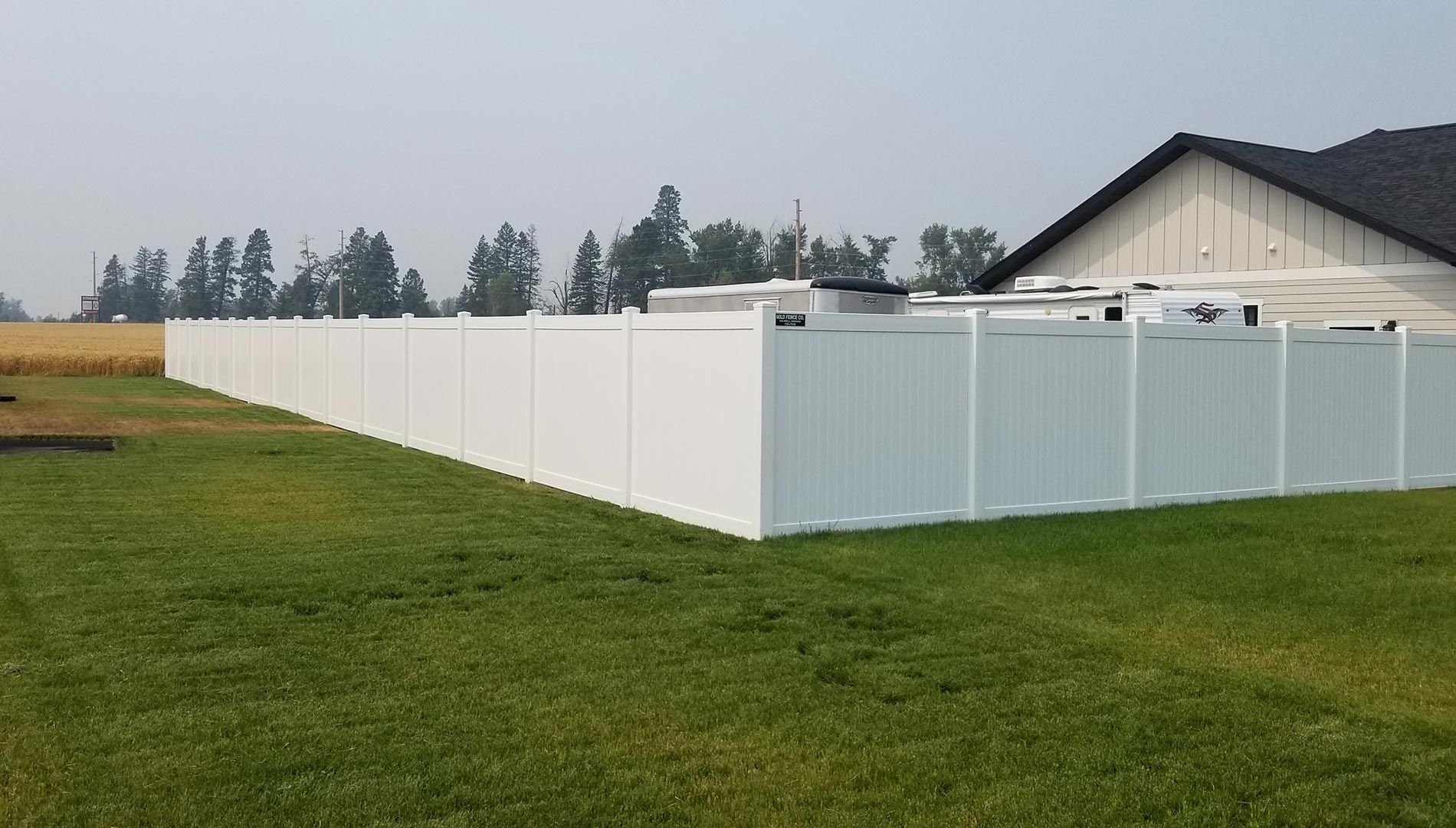Fence upkeep doesn’t always require expert help. With the proper tools and a little know-how, you can manage many standard issues yourself and save on repair costs. Here’s a simple guide to DIY fence care.
What You Need to Maintain Your Fence Yourself
Before you start fixing your fence, be sure to have the proper tools ready. Here’s a list of essential items for handling most DIY fence repairs:
- Hammer – Ideal for fixing loose nails or damaged boards
- Screwdriver – Ideal for tightening screws on wooden or metal fences
- Post Level – Ensures your fence posts stay perfectly vertical
- Paint or Stain – Using paint or stain protects wood from the elements and prolongs its lifespan.
- Wire Cutters – Wire cutters are great for trimming wire fences or removing tangled vines.
How to Tackle Common Fence Problems
How to Fix a Loose Fence Board
A loose or broken board is an easy fix with the right tools. Here’s a step-by-step guide to help you repair it:
- Take out any loose nails or screws with a hammer or screwdriver.
- Reposition the board and fasten it with fresh nails or screws.
- For added stability, add a corner bracket or reinforcement if necessary.
Sealing and Staining Wooden Fences
Sealing and staining your wooden fence is crucial for protection against the elements and preserving its appearance:
- Start by cleaning the fence well to remove any dirt, debris, and mildew.
- Select an appropriate stain or sealant that is intended for exterior applications.
- Apply evenly with a brush or sprayer, starting from the top and working your way down.
- Let the stain dry fully before using the fence again.
Knowing Your Limits: When to Seek Help
Some fence issues go beyond DIY repairs. While simple tasks like tightening screws or replacing damaged boards are easy, complex problems might need expert attention:
- Major structural issues, like leaning posts or a sagging fence.
- Electric or high-security fences that require specialized knowledge.
- Severe weather damage that could threaten the structural integrity of your fence.
If you're unsure whether your repair is beyond your skill level, it's always better to call a pro. It can save you time, money, and potential frustration in the long run.
